will older kittens hurt newborn kittens
 When Can You Handle Newborn Kittens? | LoveToKnow
When Can You Handle Newborn Kittens? | LoveToKnowMyth Mothers " Truths Seeing a feline mother with her bed is fascinating. But what's going on between a cat and his kittens? The ancient Egyptians venerated it in the form of Bastet, the feline goddess of fertility and protector of women and children. Other ancient villages kept her small statuettes of her with kittens sucking along their homes to bring good luck. Modern science has studied it, trying to explain its ways. Who is it? She is the mother cat: skillful, attentive, greatly admired and occasionally criticized. But even though experts and fellow humans who have been fortunate enough to live with a mother cat know a little through their observations, myths about it abound. Here are some fiction and facts about mother cats. Bev Caldwell288 Many people believe that kittens taken from their mothers too early do not know how to mother their own kittens. "This is not true," says Katherine A. Houpt, VMD, PhD, professor of Law James of Animal Behavior at Cornell University of Veterinary Medicine. "The maternity in cats seems to be innate." A new mother may seem sometimes overwhelmed with her first liter, but she still knows what she's doing. Other common beliefs include: Mother's cats will reject their kittens if something is wrong with them. "It happens," says Dr. Houpt, but it's very rare. A cat may refuse – sometimes kill – a kitten if he does not respond." Touching newborn kittens or very young will cause the mother to reject them. It's not true, says Dr. Houpt. "If the mother cat has been at home with you and is used for you and your smell, it should not matter to you that you touch their kittens." Mothers cry a long time if their kittens are taken away. "They will actually hunt for kittens for two or three days," says Dr. Houpt, "and then resume normal behavior." Kittens in the movementIt is true that it is common for a mother cat to move their kittens from their original birth location. You can choose what you think is the perfect place in your home – soft, quiet and isolated – for your cat to give birth. He can stay there so long, but the next thing you know, he took the kittens. For reasons known only to her, your cat thinks your chosen place is safe for her newborns. "In nature, cats move their kittens to avoid predators – and fleas," says Dr. Houpt. Many people believe that once a domestic cat moves their kittens away from the place where it gave birth, you should leave them in the new place. Not necessarily. "If you find the material in which the mother gave birth – with the smell of the amniotic sac – you can use it to try to attract the mother with her kittens back to a more preferable place," says Dr. Houpt. Adopting Other Baby Animals You may have heard that a mother cat will adopt and sicken a kitten that is not yours. But are you aware that a female cat that has not given birth can also feed an orphan kitten? "There is a decrease in hormones after a cat is spitted," says Dr. Houpt, "as there are after pregnancy. This then stimulates breastfeeding if a kitten starts to suck." The cat will probably not produce enough milk to hold the kitten, but the substitute mother can be used to help if a kitten needs milk immediately. Also intriguing is a situation in which a mother cat adopts another baby animal, such as a puppy or even a squirrel. You do it because you're afflicted by one of your kittens? Although that is possible, there is a more probable reason: "In nature, two queens [mother cats] can nest together and protect and suck other waiters while a queen hunts or moves the kittens." So cats are used to "babysitting" other kittens and will often accept a baby from another species. Curiously, there is a tendency for kittens raised with a baby squirrel to be less likely to see a squirrel as a prey later. Father Cats and other strangers Is it true that if a mother and her partner grow up together, the father will show paternal behavior towards his own kittens? No, Dr. Houpt says. "If you are free to walk, the males usually leave the mother and kittens. The best, he'll ignore them. There have even been occasions when the father attacked the mother because he smelled so different after giving birth, says Dr. Houpt. If a strange male cat comes over a mother cat and her kittens, he will try to kill kittens – as well as lions will try to kill young puppies. The males do this because, if the kittens are gone and the mother is no longer breast-feeding, she will go more quickly to heat again and be ready to mate. A mother cat can maintain a close link with one or two of her adult kittens if they live in the same home. Occasionally, a mother cat with a new litter will allow her adult child to take care of her. There have even been cases where a female, pregnant her own kittens, her mother's nursing if she has another litter. If he lives with a dog, the mother cat can be very aggressive and attack the dog if he approaches his kittens. When kittens are gone, however, the cat is likely to resume a friendly relationship with the dog. What about other female cats in the house? "Once again, another woman will try to kill the kittens," says Dr. Houpt. "It is not common, but it is something that must be conscious in a multi-category home." vCurrent IssueDownload Full March 2021 PDF EditionResources
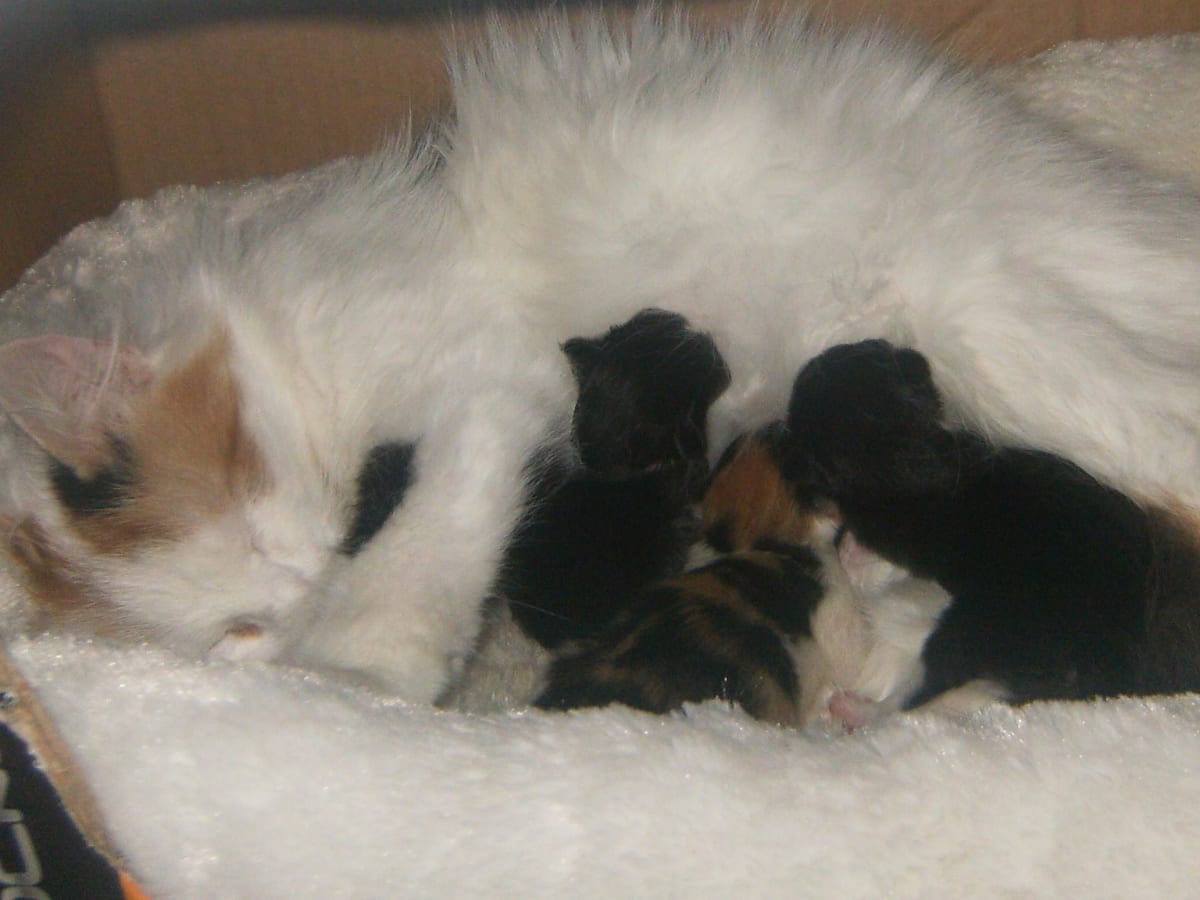
Newborn Kittens: What You Need to Know - PetHelpful - By fellow animal lovers and experts
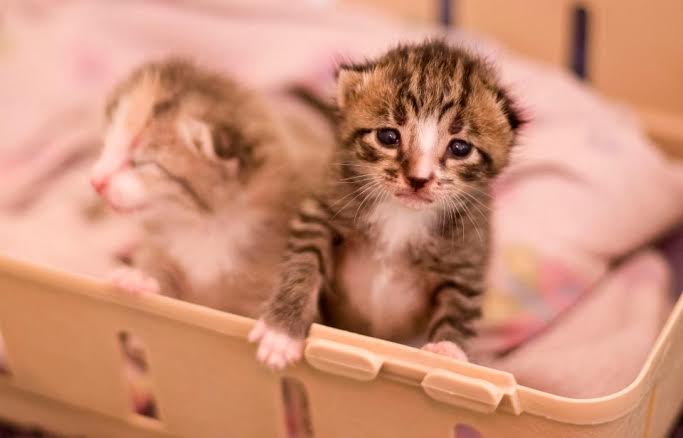
10 Crucial Steps to take to Save an Abandoned Newborn Kitten
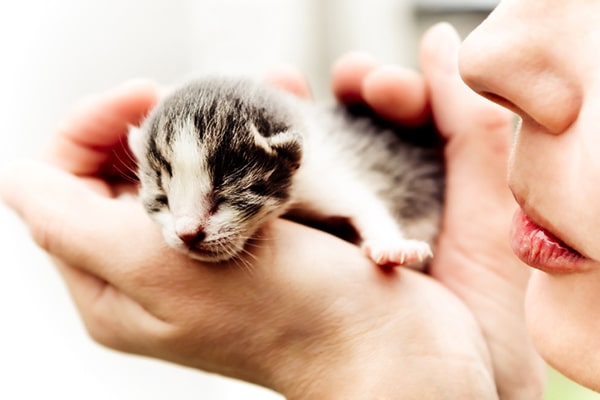
What Is Fading Kitten Syndrome and Why Do So Many Foster Kittens Die From It? - Catster
/germany-newborn-kittens-sleeping-on-blanket-close-up-140882478-57d961f43df78c583396727b.jpg)
Kitten Development from Newborn to One Week
/time-to-eat-small-kittens-642602780-5b2ea7691d640400378a7574.jpg)
What to Do if a Mother Cat Won't Nurse Her Kittens
Will my adult cat kill my kitten by biting him in the neck? - Quora

What Is Fading Kitten Syndrome and How Can You Treat It? | Daily Paws

Why Is My Kitten Biting Me and How to Stop a Kitten Biting Phase
/GettyImages-923760914-5ad611e4875db90036b4f2b9.jpg)
How to Train Your Older Cat to Accept a Kitten
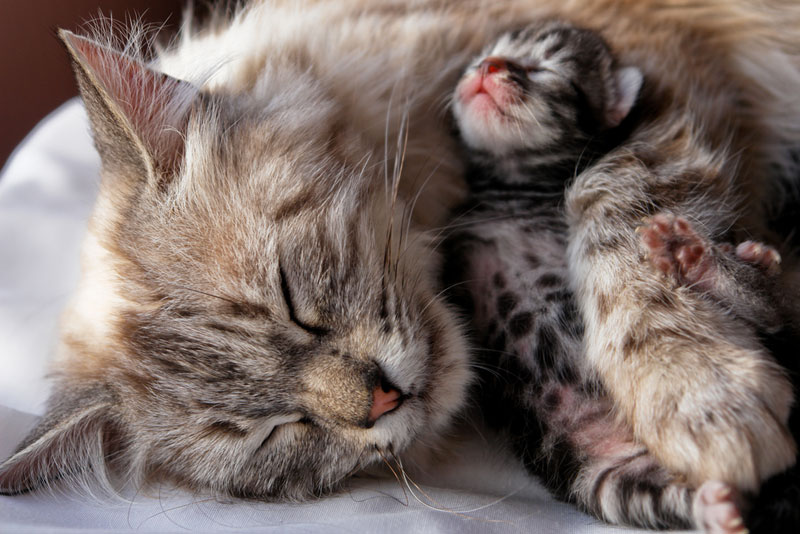
Do Cats Really Kill Babies by Sucking Away Their Breath? | Live Science
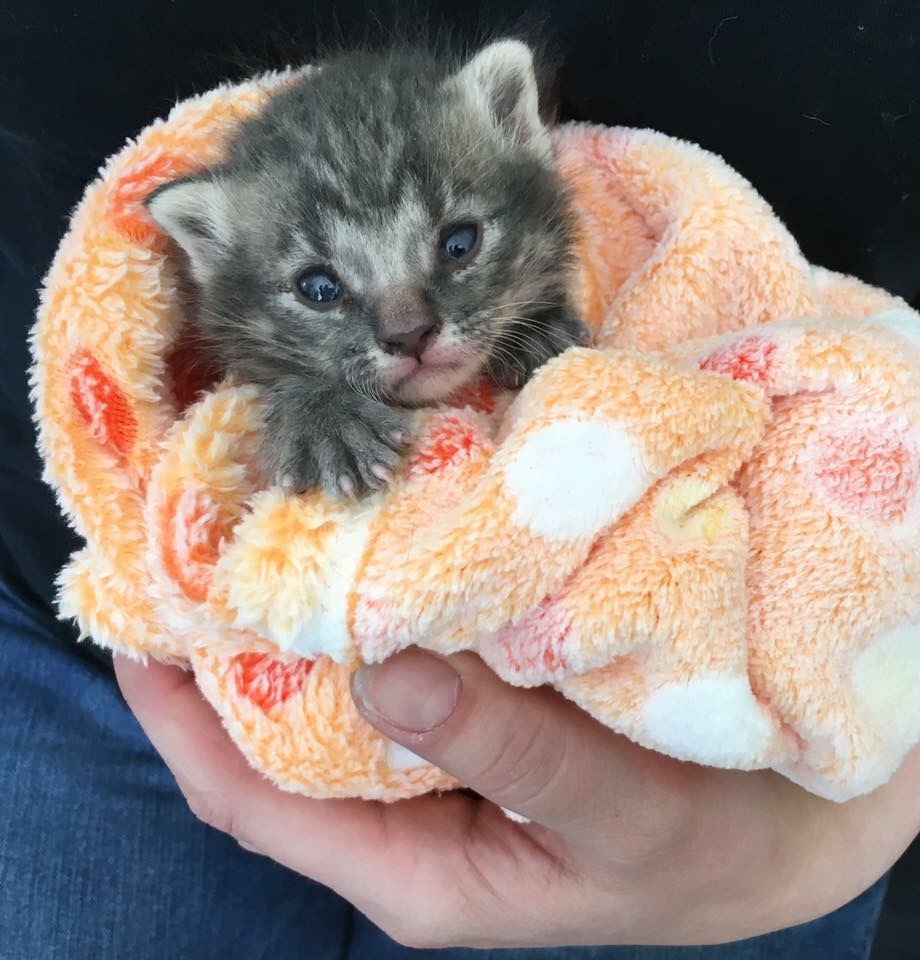
10 Crucial Steps to take to Save an Abandoned Newborn Kitten
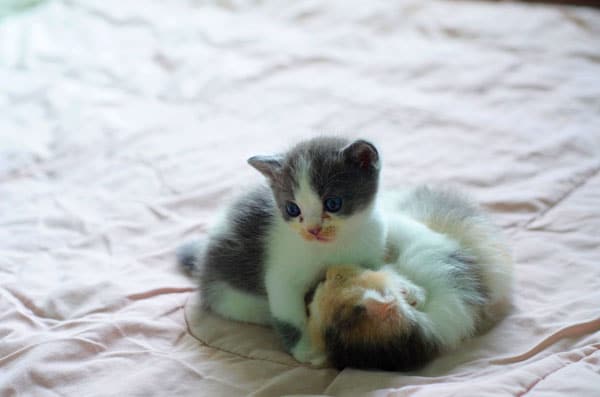
What Is Fading Kitten Syndrome and Why Do So Many Foster Kittens Die From It? - Catster
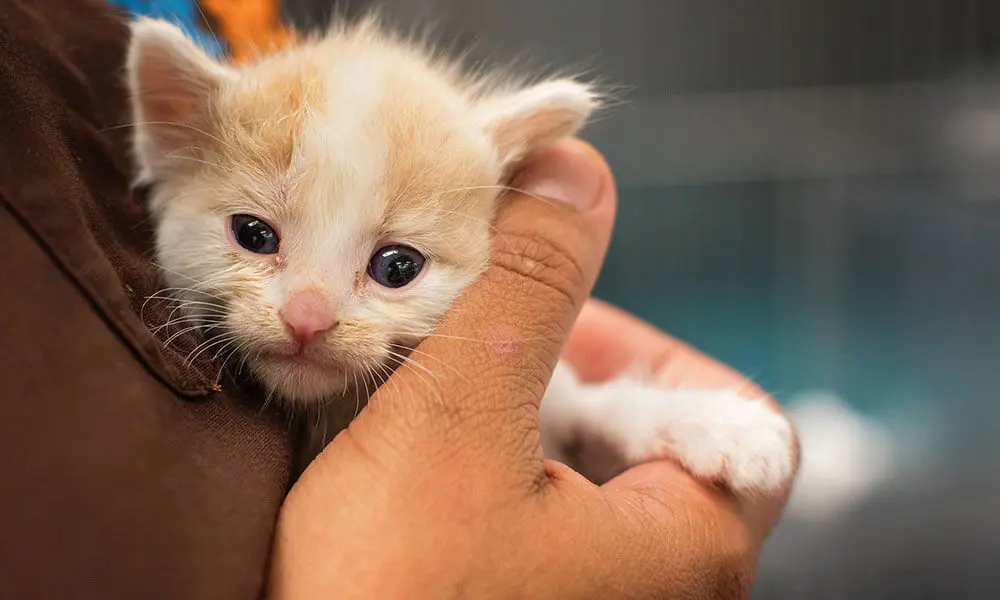
6 Tips for Introducing a New Kitten to Your Resident Cat | 1st Pet Veterinary Centers, AZ
What to Do (and NOT Do) If You Find a Newborn Kitten

How Mother Cats Take Care of Kittens
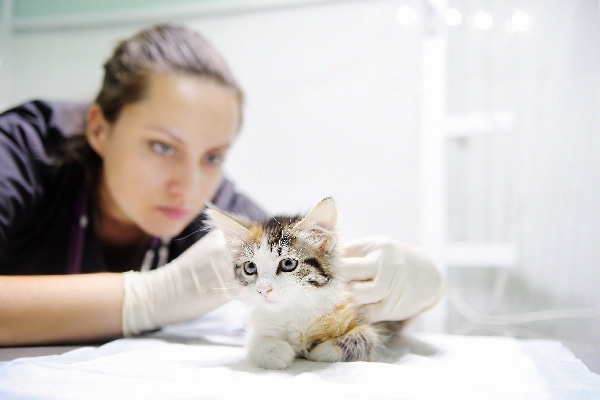
What Is Fading Kitten Syndrome and Why Do So Many Foster Kittens Die From It? - Catster

When Can You Handle Newborn Kittens? | LoveToKnow
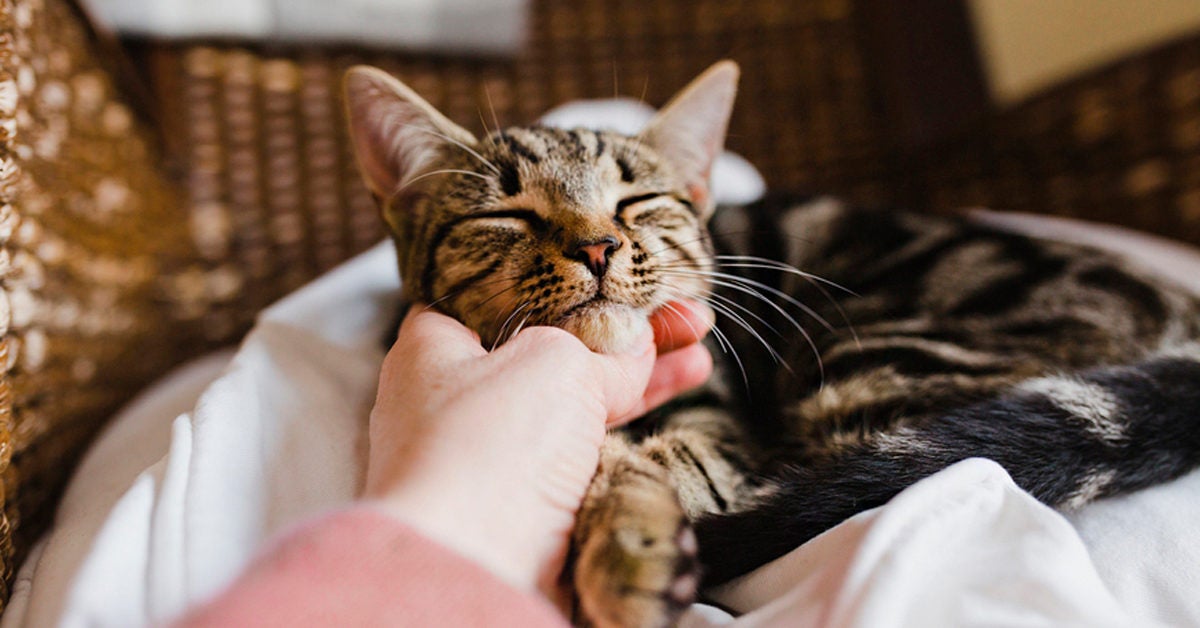
Cats and Babies: Safety and Establishing Harmony
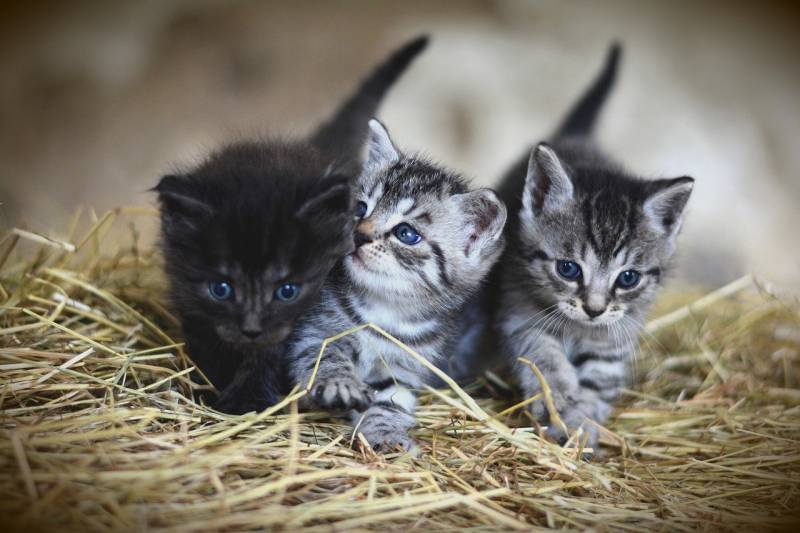
How Long Can Newborn Kittens Survive Without Their Mother? | All About Pets
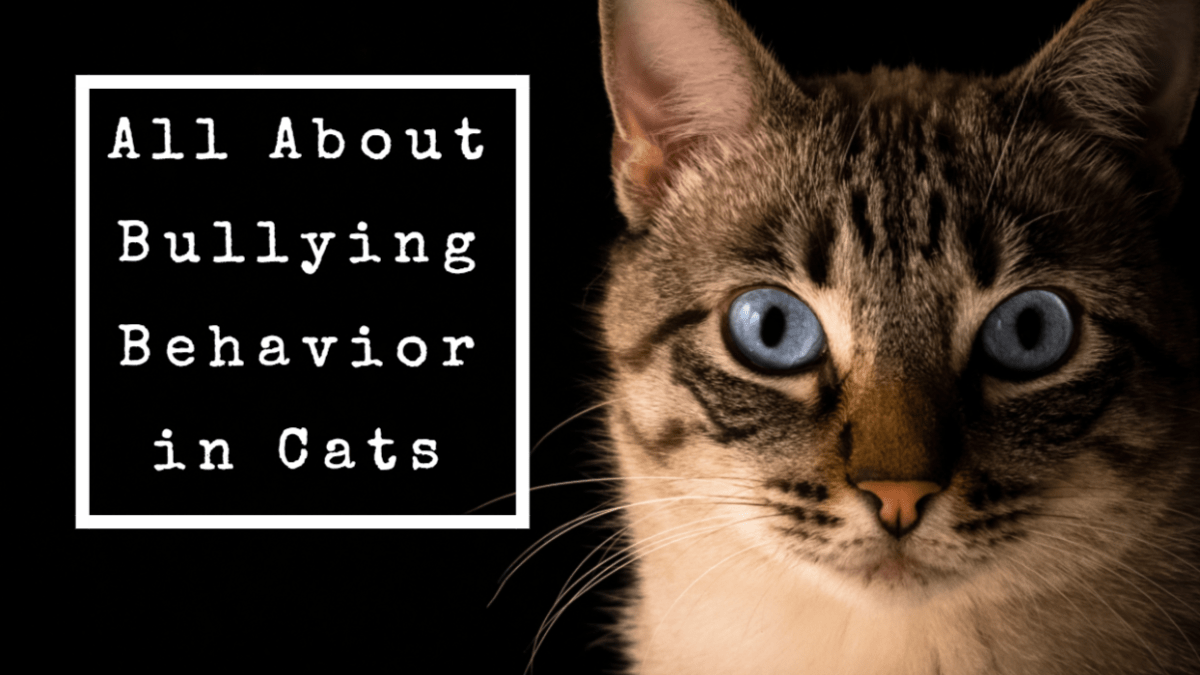
The Best Ways to Stop a Cat From Being a Bully - PetHelpful - By fellow animal lovers and experts
Bottle Babies | Community Concern For Cats
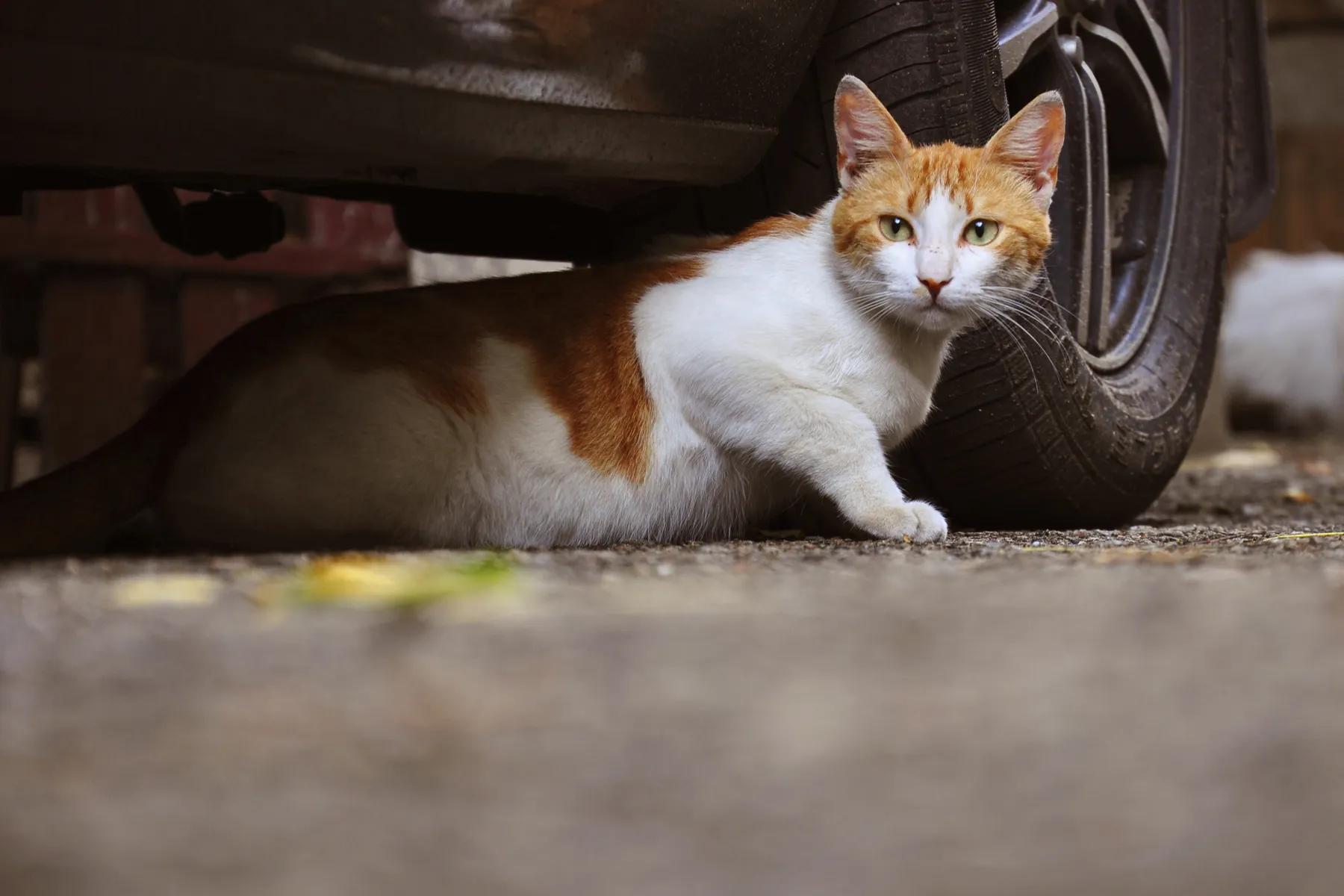
Stray and Feral Cats: How to Help Them
Does it hurt cats to carry them by their neck when they are older than 1? - Quora

7 Tips for Newborn Kitten Care ׀ Hill's Pet
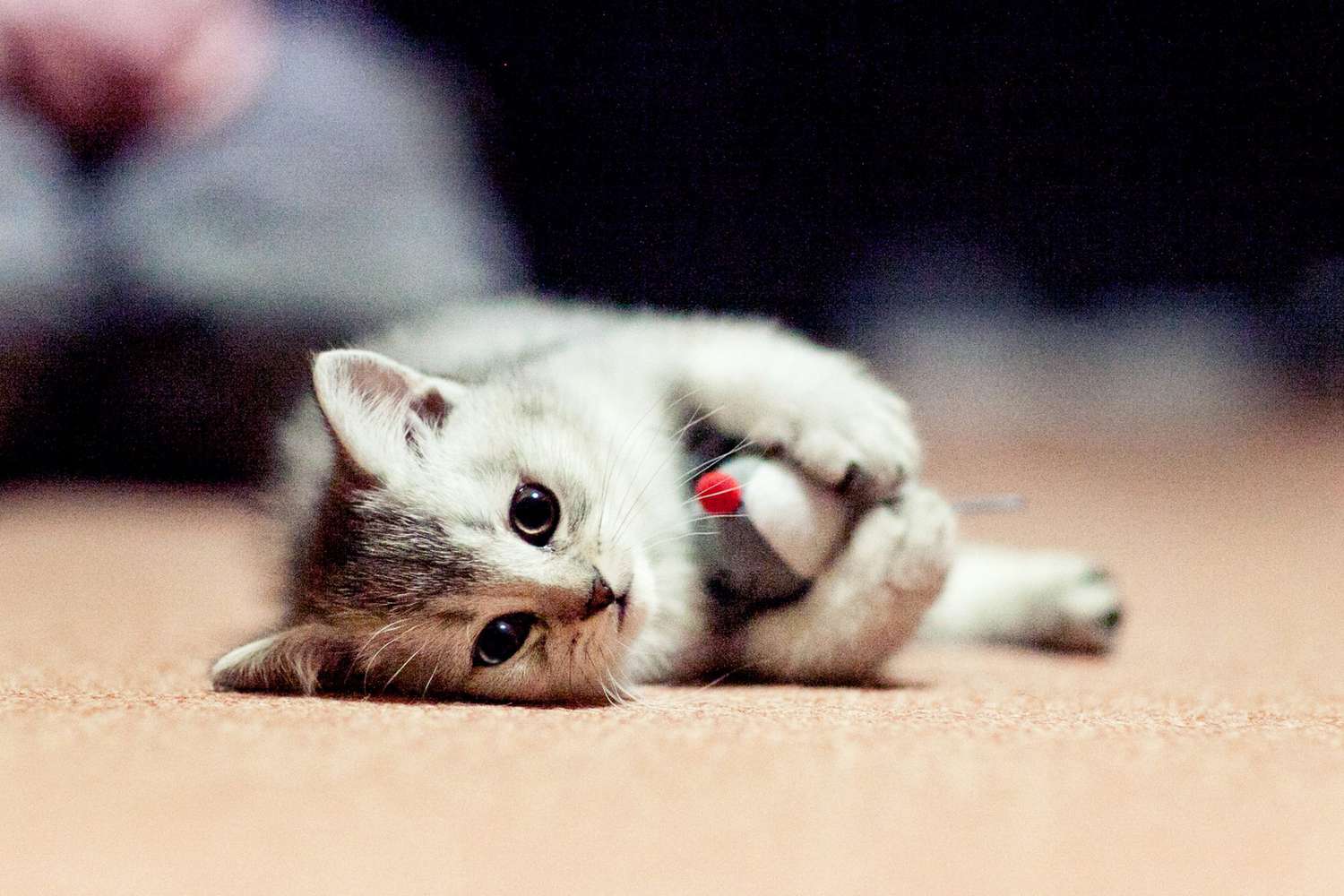
Signs Your Kitten Is Teething and What to Do | Daily Paws

Six Things You Need to Know About Your New Kitten's Teeth - TippVet

How to Move Newborn Kittens: 8 Steps (with Pictures) - wikiHow
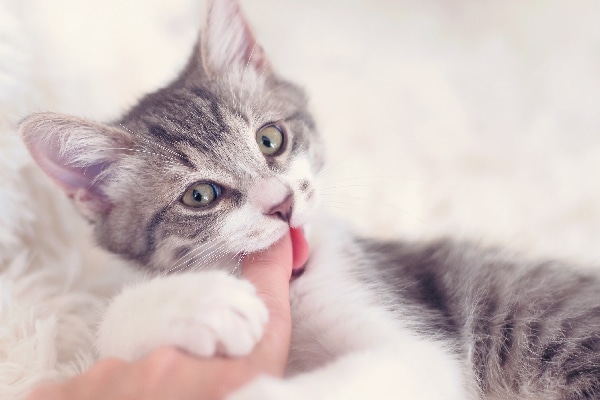
Kitten Biting — Here's How to Stop It - Catster
/post-natal-cat-care-555416_V3-de29216d84b04323bad29f898a976578.png)
Post-Natal Care of a Cat and Her Newborn Kittens

Kitten Development: Understanding a Kitten's Major Growth Milestones | PetMD

Newborn Kittens: What You Need to Know - PetHelpful - By fellow animal lovers and experts
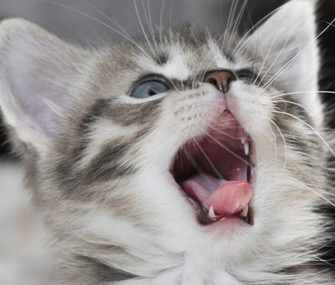
Kitten Teething: What You Need to Know
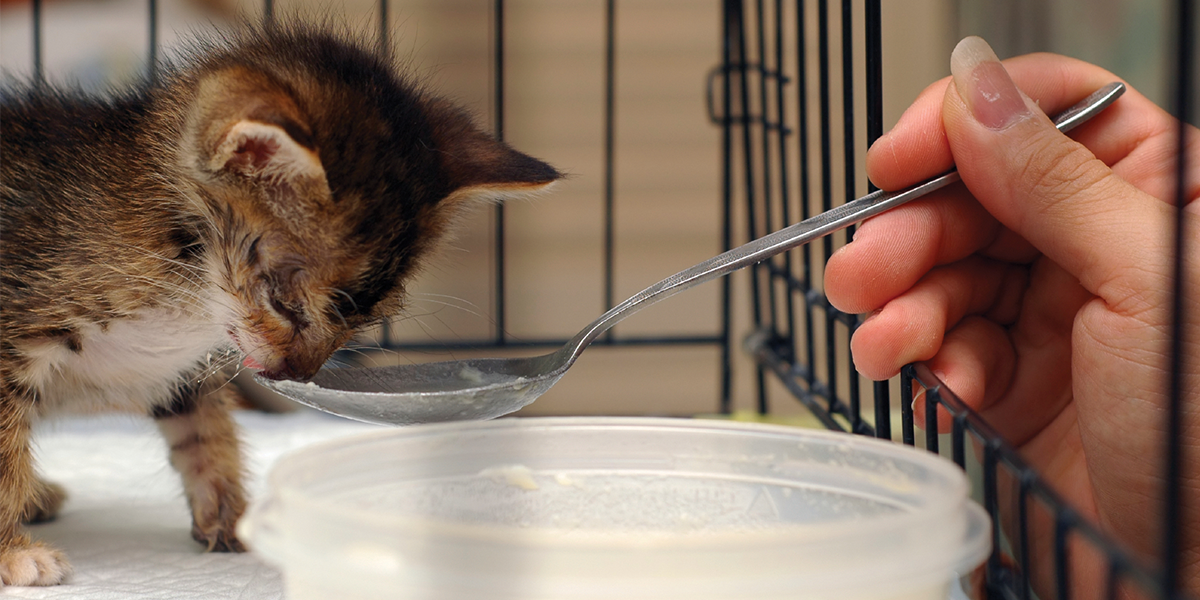
Hand-rearing kittens | International Cat Care
When female cats start mating while still nursing her kittens, will it affect her milk? - Quora

Cat Food - Changing Food to Meet Life Stage Needs | Hill's Pet

Kitten won't stop nursing on other cat – The Mercury News
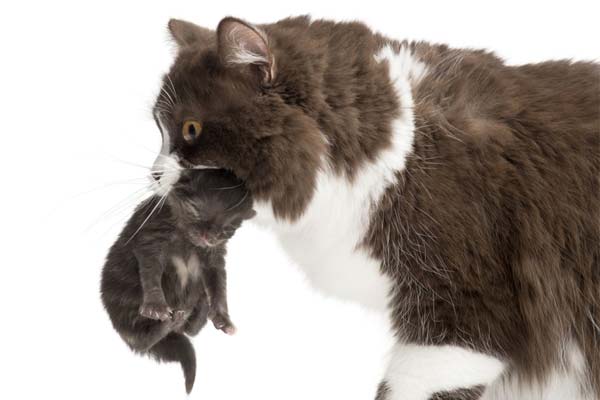
5 Real Reasons Mother Cats Eat their Babies | Traveling With Your Cat
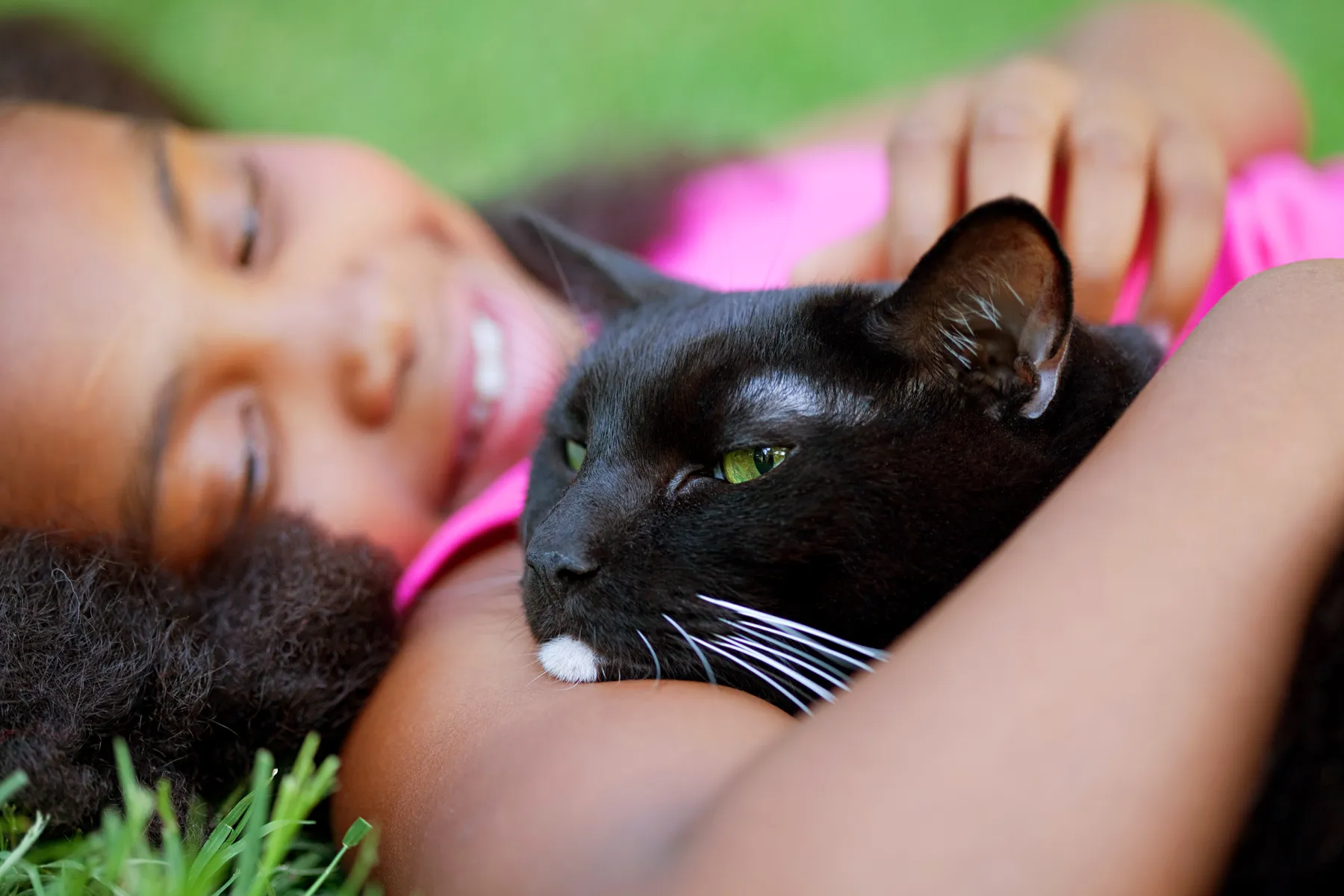
Why Do Cats Purr?
/GettyImages-1070428270-3e9f069bbd7f45358b5fb8a2fa03873f.jpg)
5 Ways to Know if Your Kitten Was Taken Away From Its Mother Too Soon

How To Save Your Cat From These 16 Life-threatening Pregnancy Risks – TheCatSite Articles
Posting Komentar untuk "will older kittens hurt newborn kittens"